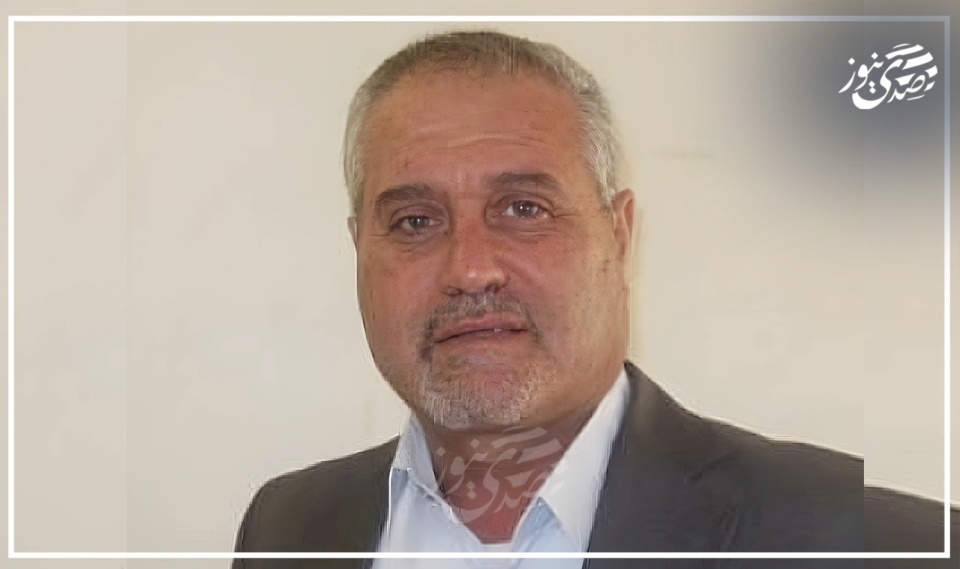
Morocco's Uprising
The cities of the Maghreb have risen under a primary slogan: "The people want to bring down corruption." Hundreds of thousands from various generations and social segments participated in these demonstrations, which swept through the major Moroccan cities.
The initiative came from Generation "Z", which was born amidst the revolution of communications and social platforms that have become part of its personal formation, through which it expresses itself, its talents, abilities, hopes, and protests.
This generation, whose individuals range in age from 14 to 25, makes up approximately 25% of Morocco's population, while those under the age of 34 are estimated to number around ten million.
The call for these protest activities arose against the backdrop of the death of eight pregnant women in a government hospital in Agadir, due to medical negligence, a lack of medical staff, and the absence of adequate and modern equipment in the hospital, which ignited anger about the general situation.
This incident highlighted the state’s negligence in two fundamental areas: health and education, according to the organizers of the protests. In contrast, the state allocated enormous amounts of money to build modern facilities in preparation for hosting the 2030 FIFA World Cup, at a cost of up to $6.5 billion, while only half of this amount is allocated to the Ministry of Health and Social Protection.
The Moroccan government has focused on football due to its popularity, especially following the significant achievements of the Moroccan national team in the Qatar World Cup in 2022. However, alongside the modern facilities that will be established on a global level, poverty and a lack of health and educational services remain in the background, forcing families to spend heavily on private education due to the poor quality of education in government schools.
In Morocco, which has a population of over 38 million, the overall unemployment rate exceeds 13%, but it reaches about 37% among the youth who are leading this uprising. This percentage is higher in cities compared to rural areas, where youth unemployment in urban areas reaches 45% among those aged 15 to 24.
The unemployment rate among women is around 19%, which means millions of capable individuals are unemployed. Unemployment, in essence, signifies poverty and also corruption.
Morocco ranks 99th on the Global Corruption Index, according to the 2024 report. There is no monthly support system for the unemployed, despite some programs that attempt to mitigate the negative effects of unemployment and provide job opportunities.
At the same time, health and education services cannot be separated from politics; the Moroccan people see their current government as corrupt and demand its dismissal along with that of its head, Aziz Akhannouch. Corruption is reflected in appointments, jobs, and tenders, with the health sector considered among the most corrupt.
Corruption also encompasses appointments in government jobs, governmental contracts and purchases, licenses for various life sectors like construction and retail, a lack of judicial independence, delays in accountability for transgressions, and corruption in planning, construction, and land distribution, which are dominated by favoritism, as well as in social services and assistance, and the exploitation of positions in police and local administrations.
The vast majority of the Moroccan people reject normalization with Israel, and parties, organizations, associations, university professors, and intellectuals that represent this majority have declared their refusal. The percentage of supporters of normalization has dropped from 30% in 2022 to 13% in late 2024, and it is undoubtedly much lower now.
Despite this widespread and overwhelming opposition to normalization and large protests against it, the regime persists in it, ignoring the will of a people fully supportive of Palestine. This certainly contributes significantly to the rising level of popular anger, especially after discussing military cargoes that European ports refused to accept while docking in Moroccan ports like Tangier.
The people and the demonstrators did not raise slogans against the king but against the government and corruption and against normalization. Nevertheless, the terrified regimes' propaganda, like that of the Sisi regime, has begun to scare the Moroccan people about the fate of Syria, Libya, and Yemen.
They realize that under the current global rejection of oppression and the barbarism of occupation, the winds of anger against the corruption of regimes and normalization will not stop at the borders of a single country, but are fierce winds sweeping through the region and the world.

The Lie of Separating Art from Politics...

Between Excuse and Decision... Who Accounts for the Blood of Palestinians?

Rafah Crossing: The Myth of "Voluntary Displacement" and American Guardianship Under Inter...

Forbidden Recovery

Are Consensus Lists Unconstitutional? The Duty of the State

Even 60% is Not Guaranteed: 172,000 Palestinian Employees on the Edge of Collapse... Time...

Hamas Between British and American Peace Brigades

